raft 3D Printers Talk Manufacturing 3D Hubs
3D Printing Raft: When Should You Use It? by Abhimanyu Chavan Updated Jun 22, 2023 If you're having problems with warping or bed adhesion, there's a solution! Learn what a 3D printing raft is and when and how to use it. Advertisement with personalized ads Accept and continue
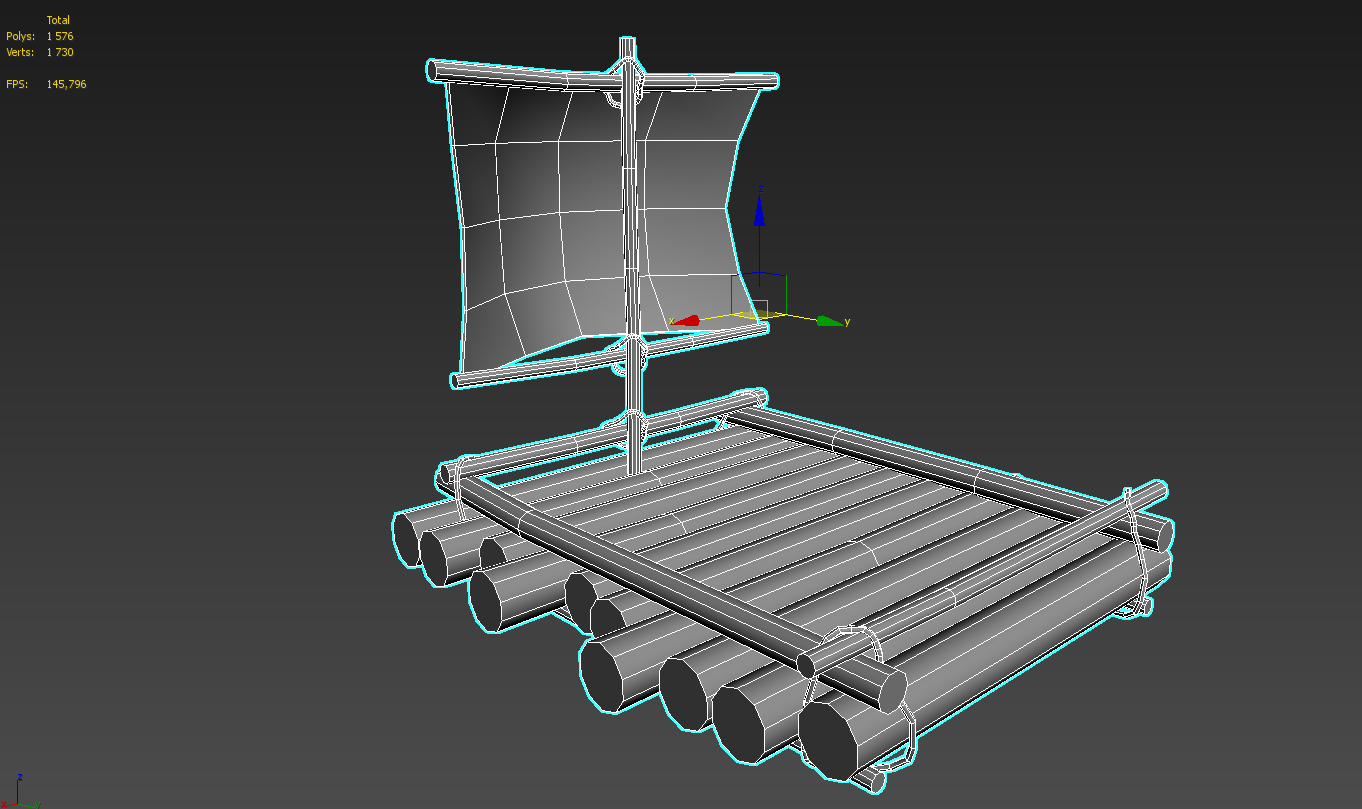
raft 3d model
A sample 3D print with a beefy raft One of the first things you may encounter when beginning 3D printing is rafts. But are they a good thing or bad? A "raft" is a throwaway portion of a print that essentially lays down a flat area on the print surface on top of which is printed the actual desired 3D model.
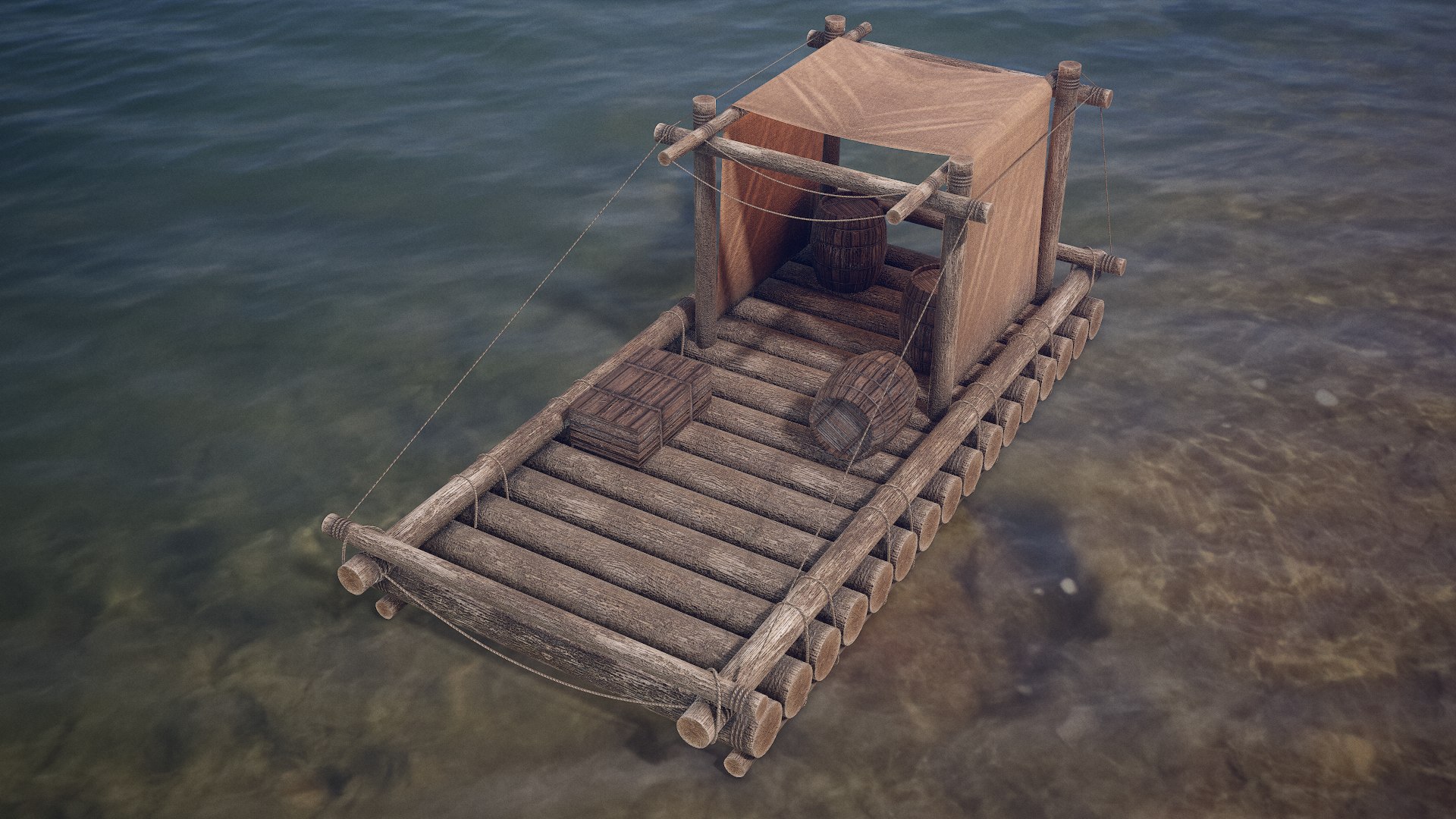
raft 3d model
In the world of 3D printing, a raft is a support structure that is printed underneath the actual object being created. It serves as a temporary base layer that provides stability and adhesion to the build platform. When using a 3D printer, it is essential to ensure proper adhesion between the object and the build platform.
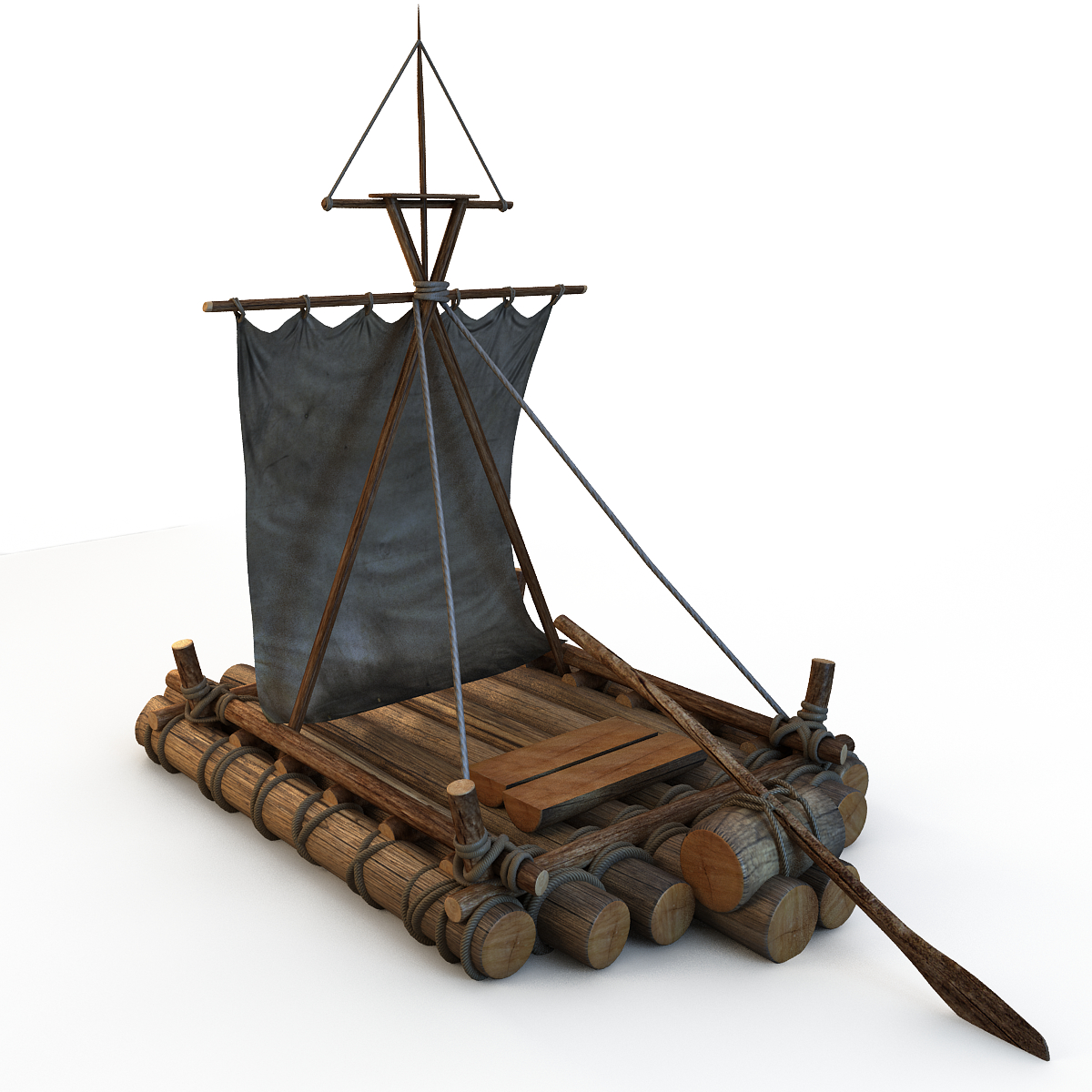
wooden raft 3d model
Learn more. A Pre-First Layer. Raft vs Brim vs Skirt: The Differences (incl. Cura settings) by Jackson O'Connell, Lee Lind. Updated Jun 6, 2023.
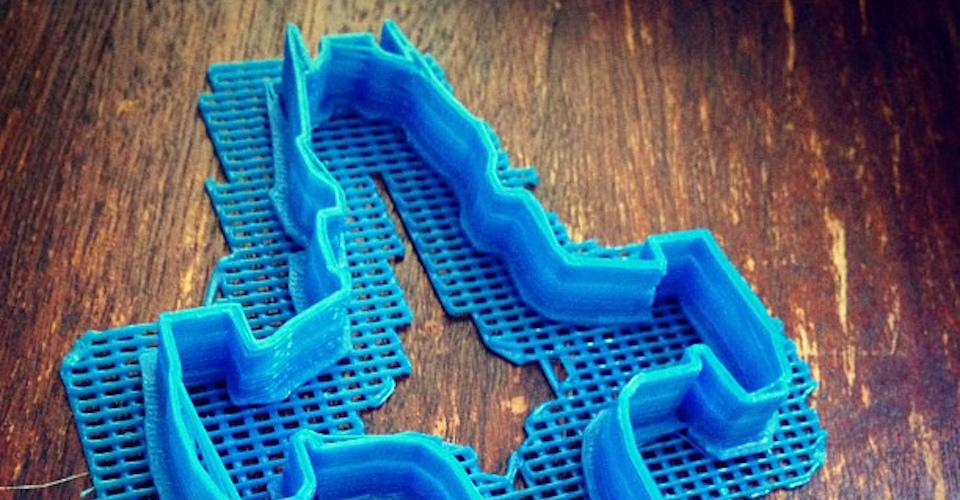
3D Printing a Raft Why and When You Should Do It 3D Insider
A raft is an adhesion assistant that goes underneath the 3D model. It provides a platform the model can attach to while printing, thus, keeping it leveled and attached to the bed. However, it can be challenging to separate the model from the raft. Among the three adhesion assistants, rafts are superior in terms of attachment.

When should I use a raft, when should I use a brim? 3D Printing Stack Exchange
Research into 3D printing using reversible addition-fragmentation chain transfer (RAFT) polymerization has garnered interest since it was first reported in 2019. This technique was initially developed to expand the scope of light-based 3D printing technologies by producing materials that can be modified postprinting, termed "living" 3D printing. The livingness can be achieved by.

3d raft model
In general, it can be said that a Raft requires approx. 10% more time for the printing process and consumes up to 25% more material. The Brim is about 5% more material and just as much time in the printing process and the Skirt consumes only 1% of the printing time or material.
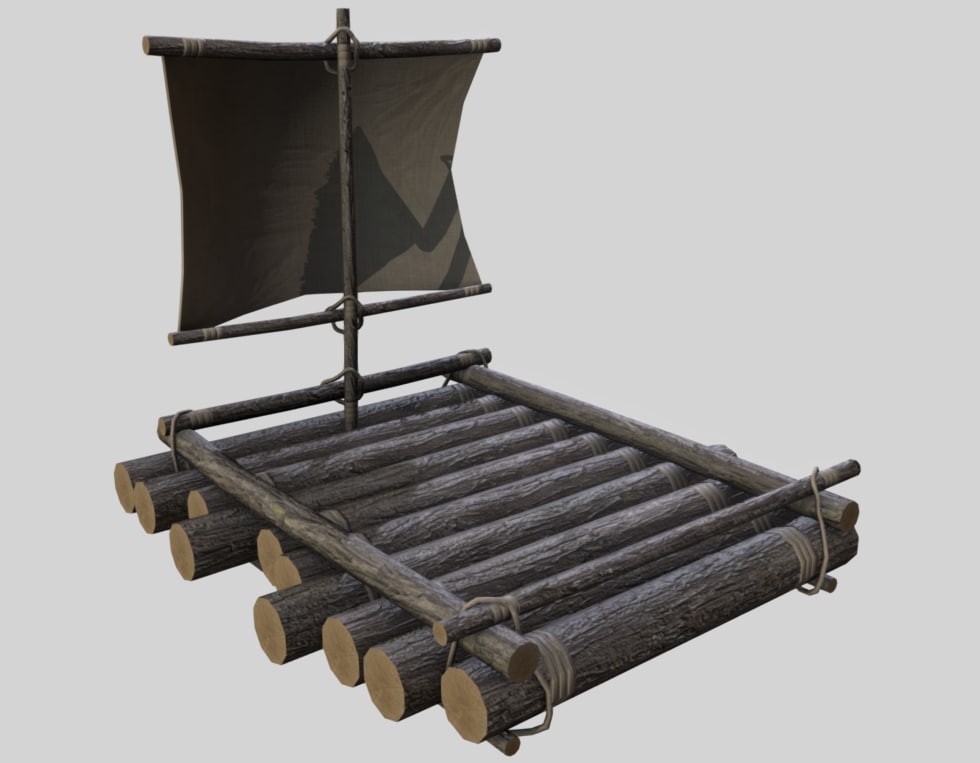
raft 3d model
Step 1: Check your 3D printer's settings and find the Raft Air Gap settings. Adjust the value for better adhesion during printing. Step 2: Test print a model to see if adhesion is improved. Tweak the setting for the model's specific needs. Step 3: Keep adjusting until you get the desired results.
First layer on top of raft 3D Printers Talk Manufacturing 3D Hubs
A raft is a horizontal mesh of filament that is laid down directly on the build platform. Your print is then deposited on top of this raft instead of on the platform's surface. By having a larger surface area, a raft can help a print stick to the build platform.

Raft 3D by Mehmet Furkan Haksever
The default raft settings on Cura usually work pretty well to provide a good amount of bed adhesion and support to your model's base. In order to enable a raft for your 3D prints, follow the steps below: Click the drop-down menu at the top right of the screen to display the settings panel. Click Build Plate Adhesion.
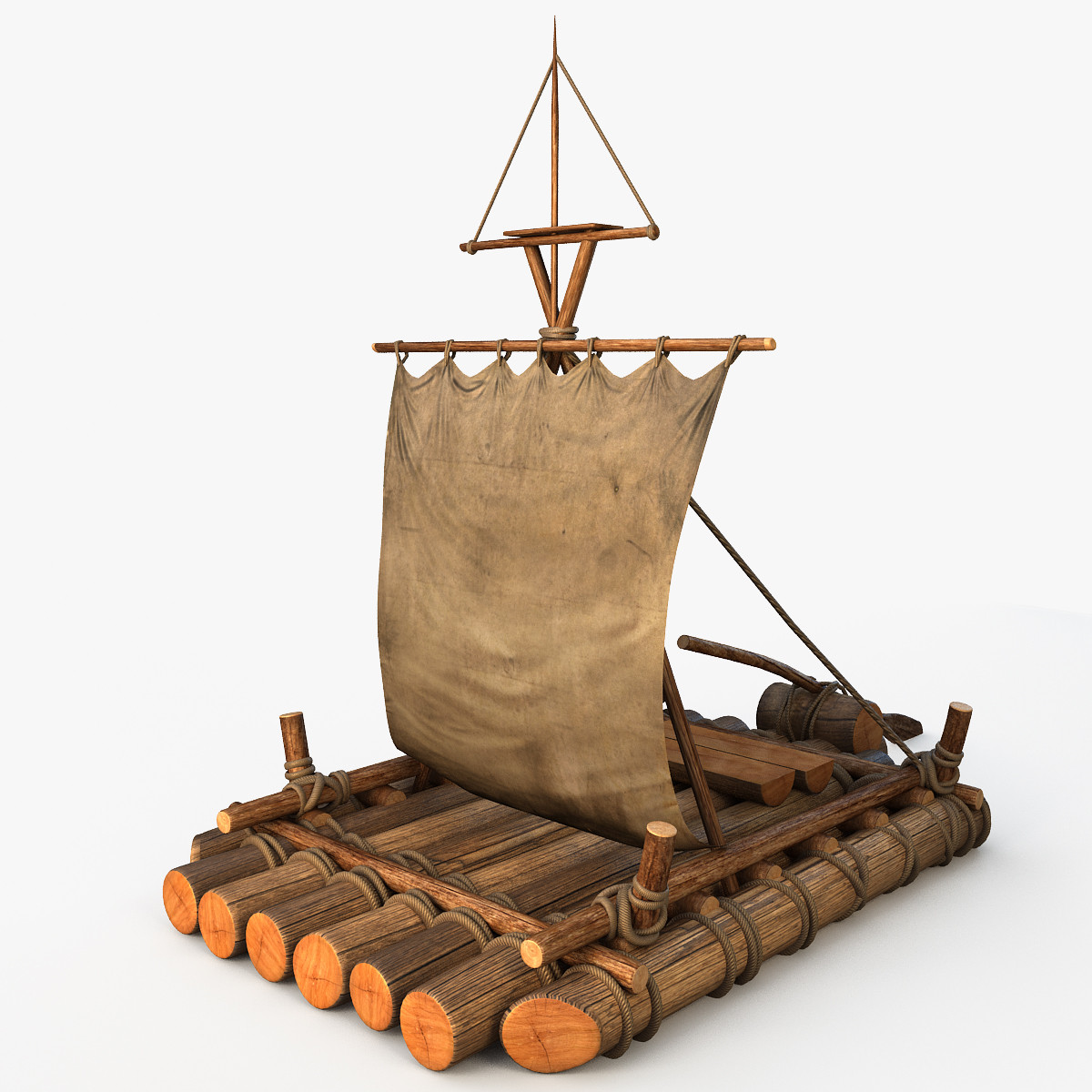
wooden raft 3d model
A raft is an entire extra layer that sits between the bottom layer of your model and the print bed. It acts as a sacrificial layer to aid in bed adhesion and is primarily used to avoid warping issues. A raft enhances bed adhesion as it has a typically more extensive profile than the model's base layer, thus increasing the surface of contact.
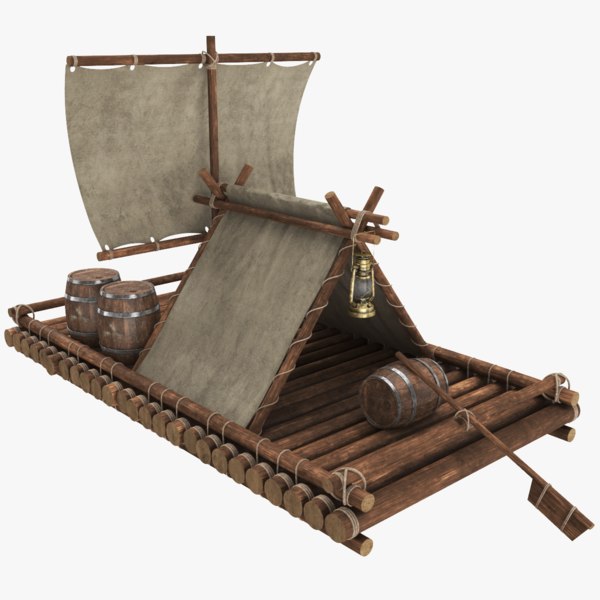
Raft 3D Models for Download TurboSquid
Brim This tutorial will help you understand the differences between rafts, skirts and brims. All three techniques provide a starting point for your 3D printed models, but they have different uses and advantages. Rafts A Raft is a horizontal latticework of filament that is located underneath your part.
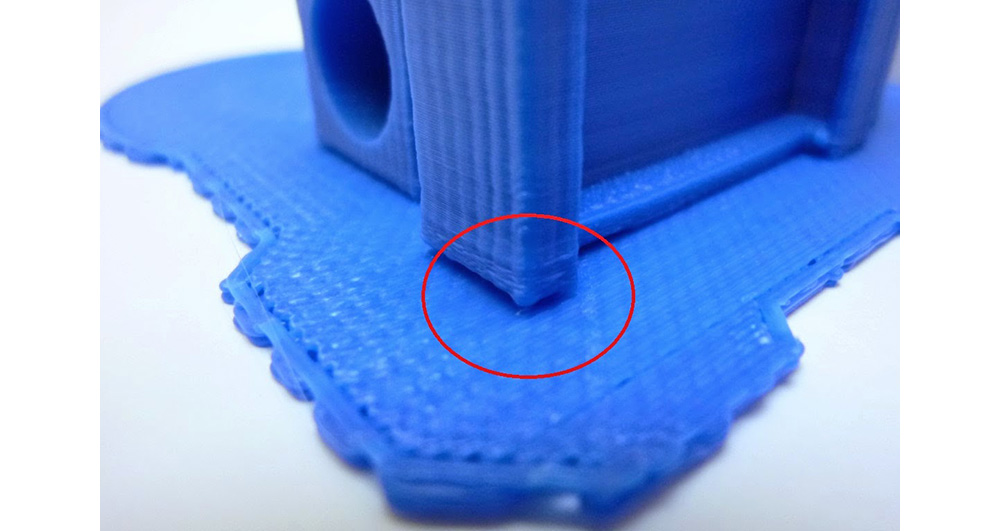
raft impression 3D
1. Level the Bed 2. Increase Print & Bed Temperature for Initial Layer 3. Prevent Ambient Airflow 4. Use Adhesive Products How to Fix 3D Print Sticking to Raft One of the most common issues when 3D printing with rafts is having them stick too tightly on the object, in a way that it won't come out. Here's how to fix 3D prints sticking to the raft:

3D printing using brim, raft, and skirt? What should you use?
Utiliser avec impressions 3D pièces qui ont tendance à se décoller des coins ou contenant des parties étroites telles que des pignons et des engrenages sont également recommandées. En utilisant 1-2 couches d'adhérence suffisamment élevée pour être atteint pour éviter le problème.

3D Printing Skirt vs Raft vs Brim Which is Best? 3DSourced
RAFT This is the method most adequate for materials that are difficult to bond to the base. A raft is created by 3D printing a horizontal lattice between the base of the 3D printer and the part. As this lattice has more contact area with the base than the piece itself, it favors adhesion and avoids leveling problems (when the attachment is small).
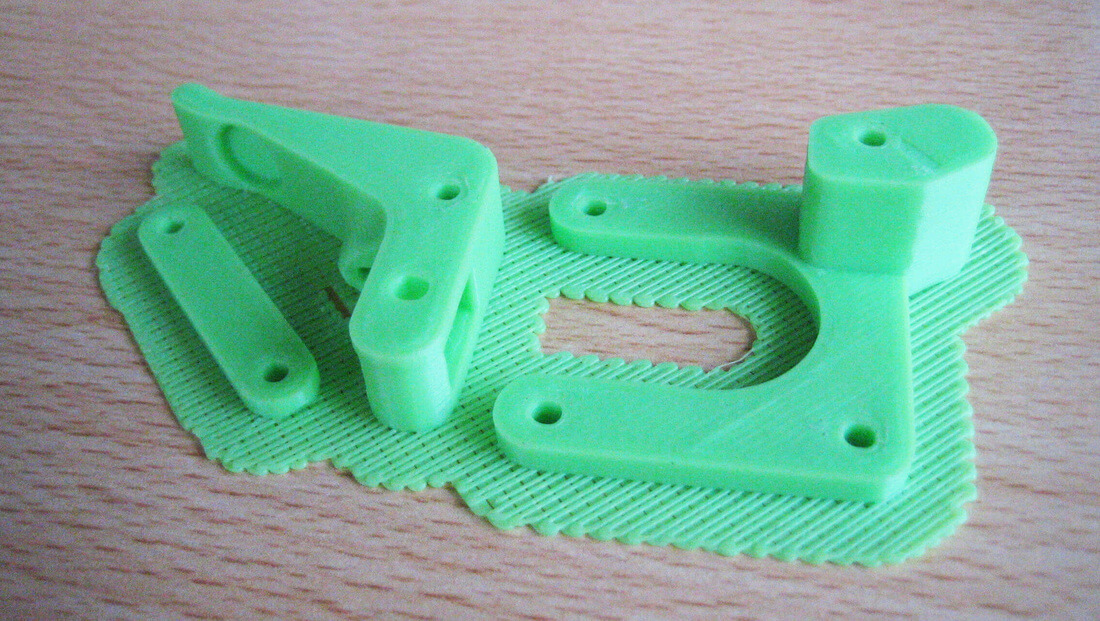
What is raft in the 3D slicing software?
In 3D printing, a raft is more than just an auxiliary construction; it is an indispensable tool for some printing projects that can perform multiple functions to optimize the quality of your print results. In over 90% of all cases, a raft is a stopgap solution for poor print bed adhesion.